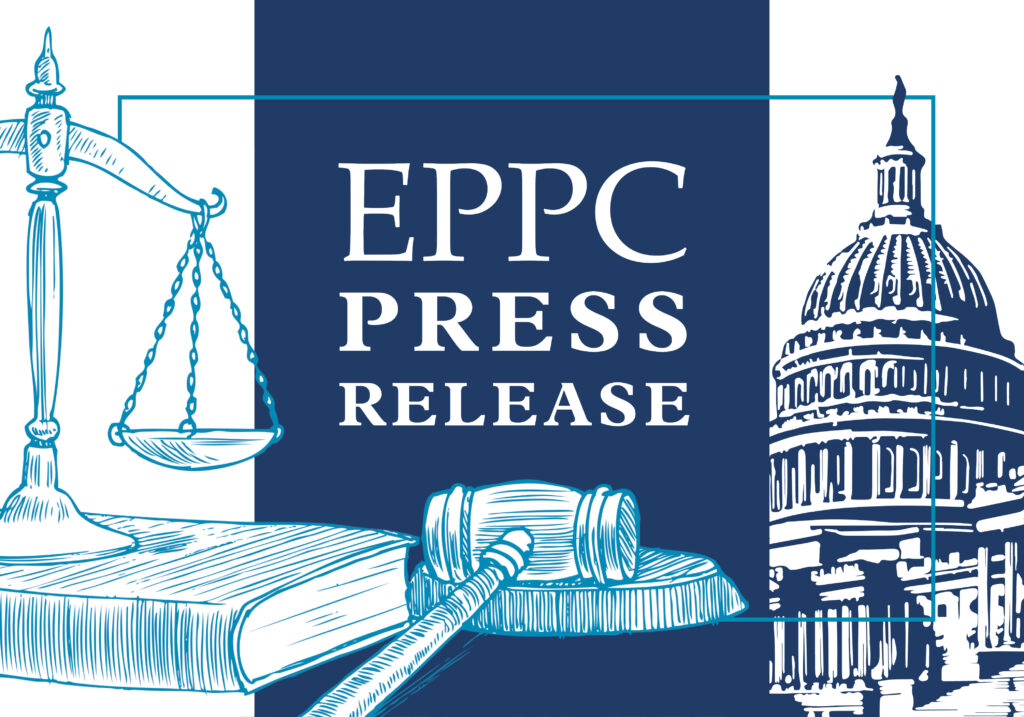
April 7, 2023
On April 7, 2023, EPPC scholars Eric Kniffin and Rachel N. Morrison filed two briefs in a Florida district court case, Dekker v. Weida, involving a legal challenge to Florida’s rule prohibiting state Medicaid dollars from funding “gender transition interventions,” including harmful and irreversible cross-sex hormones and surgeries for children. The lawsuit was brought by four children and young adults who identify as transgender.
The first brief by EPPC Fellow Eric Kniffin was submitted on behalf of three “detransitioners” Walt Heyer, Ted Halley, and Billy Burleigh—biological males who suffered deep confusion and distress regarding his gender identity from an early age. Each was convinced by licensed healthcare professionals that “gender-transition” interventions would resolve his dysphoria and permit him to live a healthy, well-adjusted life. Yet after going through the gender transition process, including cross-sex hormones and surgeries, all three found that transitioning did not make them happy. Transitioning did not solve their confusion and depression, and in fact, made it worse.
As the brief explains:
Amici are interested in this case because they believe that the challenged Florida rule is good policy. They believe the rule looks out for the best interests of vulnerable people suffering from gender dysphoria. Amici hope that through sharing their painful journeys the Court will better understand the issues at stake in this case. Amici hope the challenged Florida rule is upheld. It is too late for them, but Amici hope that this policy will help others confused about their gender identity pause and reconsider before they make the same irreversible and life-altering harmful mistakes they did.
The second brief was submitted on behalf of former civil rights officials, including EPPC Fellow, Director of EPPC’s HHS Accountability Project, and former Equal Employment Opportunity Commission attorney Rachel Morrison. The brief, drafted by former director of the Department of Health and Human Services Office for Civil Rights Roger Severino, draws heavily from EPPC’s public comment submitted in opposition to HHS’s proposed Section 1557 rule and was joined by four other former HHS OCR attorneys.
The brief argues:
If Congress wanted to make Medicaid cover sterilizing cross-sex hormones and surgeries in transgender-identifying minors, it could have, but it did not. Lacking clear Congressional authorization, Plaintiffs instead turn to Section 1557 of the Affordable Care Act (ACA) which prohibits “sex” discrimination—through incorporation of Title IX—in certain federally funded health programs and activities, to impose a new standard of care for Medicaid using experimental treatments on minors. Plaintiffs’ arguments are not minor errors. Rather, they are so fundamentally inconsistent with health care civil rights law as to turn it on its head….
A ruling for Plaintiffs would radically remake American health care by replacing science-based medicine with ideology-driven mandates. To accept Plaintiff’s premises contradicts long-standing scientific understandings of human biology and thereby endangers public health. The Plaintiffs’ arguments cannot be easily cabined to Medicaid because Section 1557 applies to all federally funded health programs or activities. As such, a decision for Plaintiffs would eventually drive out hospitals and medical providers that cannot in good conscience perform sterilizing surgeries on children because they too receive substantial federal funding, especially to serve poor and rural communities.
Moreover, a ruling for Plaintiffs will predictably result in the infliction of devastating permanent physical and psychological harm to children whose doctors will reasonably feel bound to place them on puberty blockers and cross-sex hormones and to sterilize them through the removal of healthy reproductive organs for fear of being sued for “gender identity discrimination” under Section 1557. The risks of inflicting severe physical and psychological trauma to families by not only encouraging, but mandating, medical “transition” and social conversion of children, ostensibly to the other sex, cannot be understated and includes an elevated risk of suicide. For these reasons, [Florida has] ample grounds to prevent the many other grave harms identified in this brief when such harms are not only not mandated by Congress, but go against the very statute the Plaintiffs rely on.
Both briefs urge the court to uphold Florida’s rule.











